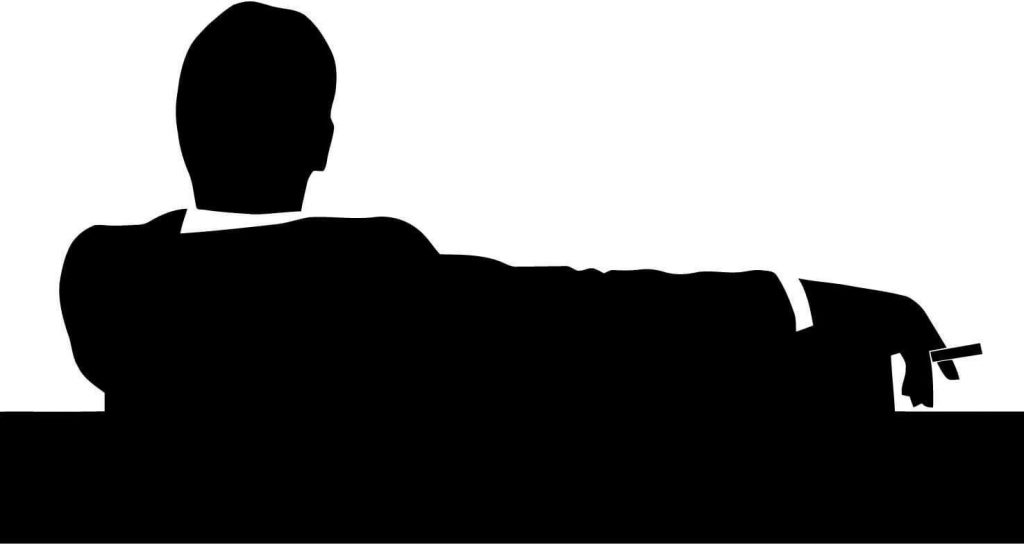
Let me tell you about a show I particularly love, one that I re-watch at each stage of life, and one that’s ripe for psychological discussion. In exploring the characters, there will inevitably be spoilers here. If you haven’t seen the show yet, I would recommend watching all 92 episodes in all its glory, then returning here to probe deeper. For Zoomers who are just discovering the show, there is a lot to both celebrate and scrutinize.
You should know that this show was BIG in its time. It originally aired on AMC from 2007 to 2015, and during its run won 16 Emmys and five Golden Globes. Some consider it to be a marker of the second “Golden Age” of American television. The acting, visual style, and writing are engaging and unique.
Look, this show was destination viewing. It wasn’t unusual to see pictures of “Mad Men”-themed parties where attendees wore period-appropriate clothes and drank Don Draper’s signature cocktail, the Old Fashioned. The popularity of the drink soared during the airing of the show.
There is a lot of drinking portrayed on this show. And chain-smoking. Sometimes by pregnant women. Open misogyny, homophobia, and racism are here, too. As such, the show very much reflects the cultural mores and values of the time, making it a snapshot of the time and place in which the story takes place (1960-1970). The costuming and prop work are amazing. My mother (who is also a fan) recognized a cookbook and piece of pottery that she herself owned back in the day. I think there is something in this show that will appeal to all generations of viewers.
The story is centered around an advertising agency in New York. Things happen plot-wise, but the drama is all around the characters and the way they grow and change (or not) and navigate the social changes of the time. For those who are patient and pay attention, there is a world of character building to explore and meditate on.
Who is Don Draper?

Oh, Don Draper. At times we love him and hate him, making him a complex and problematic male lead (similar to “Breaking Bad” and “The Sopranos,” both of which deserve character analyses themselves). Above all, though, we root for Don to succeed and face the personal problems that translate into dysfunctional behaviors that cause harm to those around him.
Don Draper is impossibly good-looking, charismatic, and financially successful. He has a beautiful young wife and three healthy children. By all accounts, he’s winning at life. But inside, he’s cynical, chronically unsatisfied, and seemingly directionless. I wonder if any readers can relate to the feeling of “having it all” yet still not feeling the way we are supposed to feel?
There are think pieces suggesting that Don may exhibit a personality disorder. I don’t know that I agree, but there is enough evidence to suggest that Don experiences dysfunction with regards to his identity. The show eventually reveals his troubled past, which includes adverse childhood experiences of abuse (including of the sexual kind) and consistent neglect. Indeed, there doesn’t seem to be one trusted adult who truly cared about his well-being as a child. We know from developmental psychology that childhood experiences can shape our adult experiences, and I don’t think it can be argued that we see that in Don’s behavior. A lot of the show features Don alternatively addressing and willingly repressing his past, and it’s up to the watcher to decide if he is redeemed in the end. Your opinion of him may depend on the extent to which you relate to him and/or project your own ideas about what “redemption” actually means.
But, would we go so far as to call him an anti-hero?
I would love it if you would submit your take!
PsychoBabbleLLC.com
